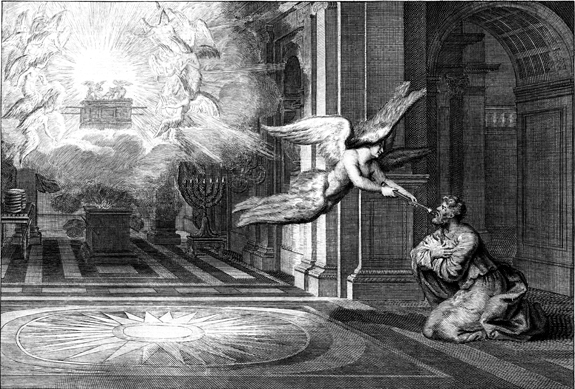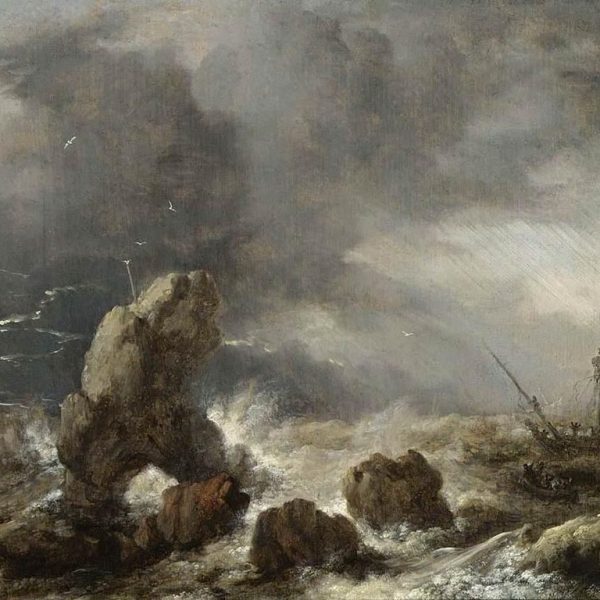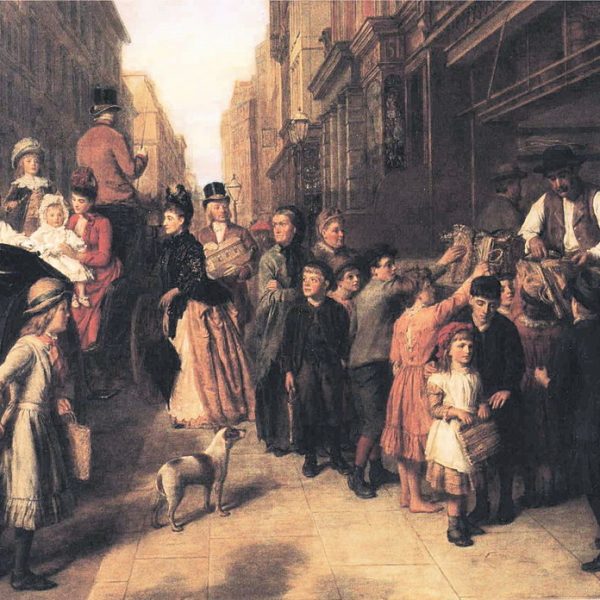
Subaltern hermeneutics offers two insights in this text, a “de-anthropomorphic” reading and “de-transcendental divine” reading. These readings offer hope to the subaltern communities in their journey of faith today and challenge all readers to seek partnerships with the creation, for Jesus is the crop….

While even his closest associates would lean towards dismissing the people to fend for themselves, [Jesus] invites the community of the wilderness into a divine economy of care. Sharing, as a physical manifestation of that care, requires a suspension of the belief that scarcity is the only reality available in the moment of want.

The greatest potential implication of Isaiah 11:1–10 lies in the way it disrupts our expectations of justice, equality, and peace by framing of our narratives of the perfect society and unsullied nature. Rather than Utopia, the passage offers us a vision of a perfectly imperfect world order in absolute harmony.

Advent is the season between the comings, the space of absence in which we await the Divine visitation. Might it also be a space of resistance, wherein we reimagine our identities and, in so doing, perhaps even become the kind of presence in the world we so desire?

True ritual is a searching indictment of all injustice, a corrective for it, and a model for righteous behavior. Presenting ourselves before God in our ceremonies, we invite his inspection of the entirety of our lives; recognizing this fact, we must comport ourselves accordingly in all that we do. Civil religion and cultural religiosity will betray all those who put their hope in them.

Isaiah’s call to prophesy judgment against Israel challenges us to remember God’s sovereignty over all political systems, even those that are disastrous in our eyes. Could God’s judgment be the decisive turning point toward healing?

Bookended by the call to ascribe glory and strength to the Lord, and the answering request that the Lord give strength and blessing to his people, Psalm 29 offers us a vision of good rule.

Isaiah the prophet received his call; we must be prepared to receive ours.



